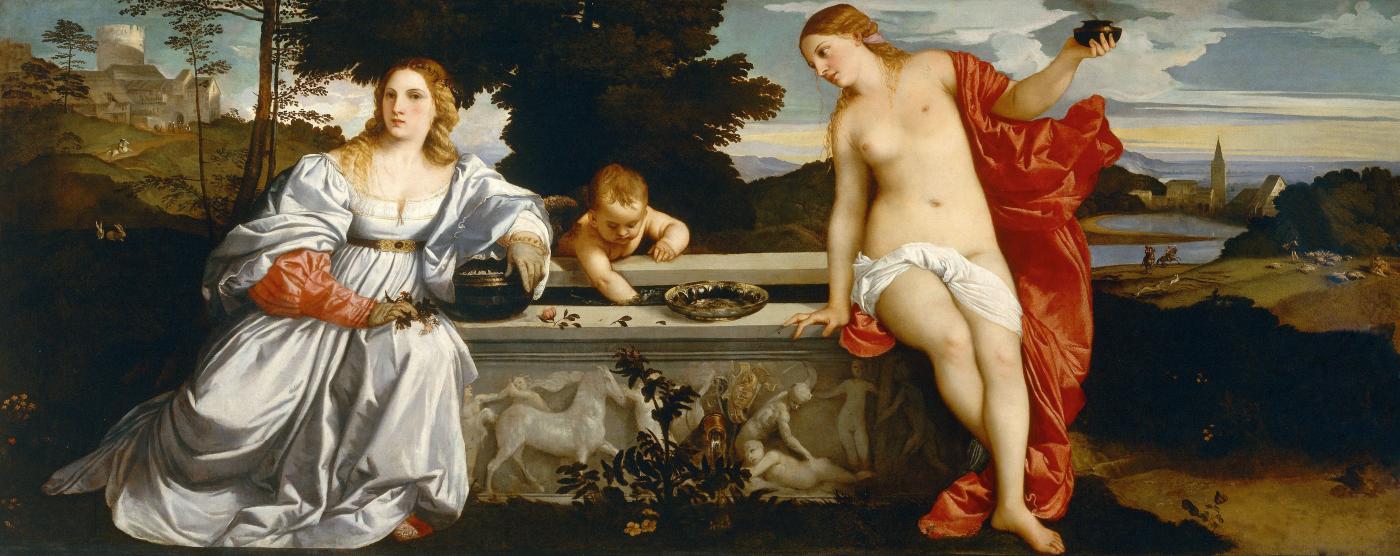We are in Mexico. The new Netflix original series, a thriller, erotic and jurisprudential genre, is called Dark Desire. They are all tied to the law: lawyers, judges, forensic doctors and investigators. When people because of passions confuse their roles with justice, law and truth … but people are first linked to the family because it is a murky family story where sex, revenge, jealousy and lying become more important than any upright truth!
In short, it’s all a whirlwind of sex craved, acted out, imagined and desired. Obsessive sex becomes a lethal tool, an apology for understanding oneself, or self discoure, to have full management of the other, a burning flame, a torrent in flood that overwhelms.
The first season, consisting of 18 episodes, of about 30 minutes each, tells of Alma Solares a lawyer and university teacher with a boring life, married to a magistrate and mother of a twenty-year-old daughter enrolled in forensic medicine, who falls in love with Darío Guerra, a beautiful twenty-three year old met by chance, who later discovers that he is his student at the university, therefore a lawyer too. The one-night stand, forgotten when returning home, turns instead into an erotic and dangerous story. Alma’s wife is convinced that her husband Leonardo, the magistrate, is cheating on her with his assistant, who is clearly a lawyer. She feels neglected and gets lost in the “swamp of the flesh” with the young Darío, a passion that becomes an obsession. But what Leonardo feels for his wife is also sexual obsession. And sexual passion is what Darío will provoke towards Alma’s daughter, that is the young Zoe, who is studying as a forensic doctor, beginning to circumvent her with anonymous messages.
Young Zoe this is the crux of the matter: Darío estranged from his mother and physically threatened by his brother-in-law decides to meet and “kidnap” his daughter for a loving picnic. Zoe, still a novice, is classically initiated on her first time, unaware that she shares the same secret passion with her mother. He disappears from the house one night with his smartphone clearly unreachable and the whole family, with his mother in the lead, launch with the police, hack his computer, find the poor boy, the father, we remember the magistrate, threaten him with a revolver to the genitals … when the daughter is awake and present, sore from losing her virginity, she stops all this confusion.
Zoe just thinks she has a family of obsessive and full power crazy people, she doesn’t know that in the meantime her mother mad with jealousy has confessed to her father that she was Darío’s lover and that the magistrate only thinks that his “women”, indeed the bodies of his women were violated by a single “male” who was not part of the pack. He had met Darío, he would have introduced him to his daughter Zoe, because he wanted him to work in his studio, but he did not know that he had already violated Alma’s body, which belonged to him. But the most authentic is true fury is that of the mother. The mother cannot understand the moment in which to step aside, the moment in which the daughter can make her own choices, and her own mistakes, finally leaving her free.
Let alone this does not happen under normal conditions then imagine when you become rivals. Why do many mothers consider their daughter as their own “emanation” that controls her every choice? Such a visceral relationship can in fact influence a daughter in various areas of personal, sentimental and working life: we refer to invasive, possessive, jealous and commanding mothers. But why are mother-daughter relationships often so complicated? This happens when mothers, oppressed, bored or immature like our Alma do not realize that the daughter must have her own autonomy and a distance from the mother’s “body” and become master of herself and her own life. This happens when mothers have not been able to be free and evolved in their personal life and therefore project their aspirations onto those of their daughter. This happens often and we will see in the next article what are the various possibilities and strategies on mothers who do not want to “give up” their role as “governors” over the life of their daughters.






